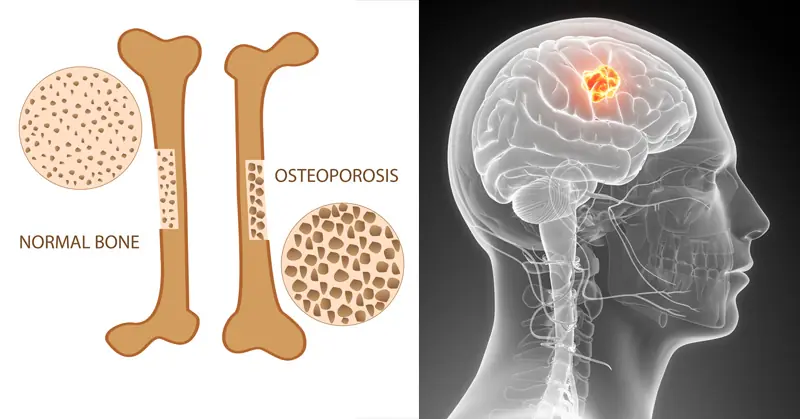
Here’s How to Starve Cancer to Death By Removing One Thing From Your Diet
In 2025 alone, an estimated 18.6 million people worldwide were living with some form of cancer, according to the American Cancer Society. At the same time, over 38 million people were diagnosed with diabetes. These two devastating diseases are responsible for millions of deaths globally each year—yet both are considered largely preventable through changes in diet and lifestyle.
Most of us already understand that excessive sugar intake contributes to type 2 diabetes. What many don’t realize, however, is that sugar and cancer may also be connected in profound and potentially life-saving ways.
🔍 The Connection Between Sugar and Cancer: A Hidden Truth
Hidden Sugar – Crouching Cancer

Since the 1920s, researchers have explored the theory that cancer thrives on sugar. One of the earliest and most vocal proponents of this idea was Dr. Otto Warburg, a German physiologist, biochemist, medical doctor, and Nobel Prize winner.
Dr. Warburg’s groundbreaking work proposed that cancer cells have a fundamentally different way of generating energy than healthy cells—and this difference revolves around how they process glucose (sugar).
Despite the significant body of research supporting this theory, many conventional oncologists still don't advise cancer patients to limit their sugar intake, even though doing so could impact the progression or recurrence of the disease.
⚡ Sugar: Cancer’s Favorite Fuel
Dr. Warburg observed that cancer cells produce energy through a process called anaerobic glycolysis, even when oxygen is present. Instead of relying on the more efficient process of oxidative phosphorylation, which healthy cells use, cancer cells ferment glucose—a method that yields less energy but allows rapid growth and survival in low-oxygen environments like tumors.
🔬 The Science in Simple Terms:
-
Healthy cells break down glucose fully in the mitochondria using oxygen.
-
Cancer cells, however, prefer a quick and dirty energy fix—they ferment glucose outside the mitochondria, a less efficient method that leads to mitochondrial dysfunction.
-
This metabolic shift—known as the Warburg Effect—is now a recognized hallmark of cancer biology.
This means sugar isn’t just a passive bystander; it’s actively feeding cancer growth. The more sugar available, the more fuel tumors may have to grow and spread.
🍭 It’s Not Just Cake and Candy
While avoiding obvious sugar bombs like soda, donuts, and candy is an important first step, the real danger lies in the hidden sugars lurking in everyday foods—even the ones we think are “healthy.”
🧃 Sugar Can Be Hiding In:
-
Flavored yogurts
-
Whole grain or “healthy” cereals
-
Low-fat or “light” salad dressings
-
Granola and energy bars
-
Commercially baked breads and wraps
-
Jarred sauces and condiments
-
Even frozen or pre-packaged meals
Many of these foods are labeled with words like “natural,” “organic,” or “low-fat,” which can be misleading. In reality, added sugars are often used to enhance flavor, especially in low-fat or processed items.
🚫 Why Cutting Out Sugar Matters for Cancer Patients
While sugar alone doesn't “cause” cancer, its role in fueling its growth is becoming harder to ignore. Some researchers now believe that reducing sugar intake may help “starve” tumors, slow their growth, and improve treatment outcomes.
Here’s why this matters:
-
Cancer cells crave glucose more than healthy cells do.
-
Cutting sugar reduces the availability of this energy source, potentially weakening cancer cells.
-
A low-sugar, anti-inflammatory diet can also strengthen the immune system, improve gut health, and help the body better handle treatment side effects.
🍽️ How to Reduce Sugar and Starve Disease Naturally
The good news? You don’t need to follow an extreme diet to make a difference. Here are simple, effective steps to reduce your sugar intake and improve overall health—especially if you or a loved one is facing a cancer diagnosis.
✅ 1. Ditch Processed and Packaged Foods
-
These are the biggest sources of hidden sugar.
-
Cook at home using whole, fresh ingredients whenever possible.
✅ 2. Read Labels Carefully
-
Look for hidden sugars under names like dextrose, maltose, corn syrup, agave nectar, cane juice, or fructose.
-
If sugar is one of the first three ingredients, put it back on the shelf.
✅ 3. Avoid Restaurant Meals (Temporarily)
-
Many chain restaurants use pre-made sauces and frozen meals loaded with sugar and salt.
-
Even seemingly “healthy” options like salads can be topped with sugary dressings.
✅ 4. Swap Sweets for Natural Alternatives
-
Choose fresh fruit when craving sugar—but even fruit should be eaten in moderation.
-
Use cinnamon, nutmeg, or vanilla to flavor foods naturally.
-
Consider stevia or monk fruit as zero-sugar alternatives for sweetening.
✅ 5. Focus on Anti-Cancer Nutrition
-
Eat a diet rich in vegetables, leafy greens, healthy fats (like olive oil and avocados), and lean proteins.
-
Incorporate foods known for their cancer-fighting properties, such as:
-
Cruciferous vegetables (broccoli, cauliflower, kale)
-
Garlic and onions
-
Turmeric and black pepper
-
Green tea
-
Berries and pomegranates
-
🧠 Final Thoughts: You Can Eat to Fight Back
The link between sugar and cancer isn't a myth—it's a biological reality supported by decades of research. While it’s not the only factor that affects cancer development, it’s a controllable one. And unlike some treatments, changing your diet comes with only positive side effects.
Taking sugar out of your diet doesn’t guarantee you’ll prevent or cure cancer—but it can reduce your risk, support treatment, and improve your quality of life. Whether you're fighting cancer, trying to prevent it, or simply aiming to live a longer, healthier life, cutting sugar is one of the smartest moves you can make.
🍎 The Bottom Line
Cancer cells love sugar. Stop feeding them.
Simple changes in your daily meals can help you take back control of your health—one bite at a time.
News in the same category


Stop Ignoring These 8 Subtle Signs of Heart Trouble Before It’s Too Late

1 Teaspoon of Baking Soda Can Do This to Your Body!

Still Waking Up Tired? This Simple 3g Bedtime Mix Beats Melatonin for Deep Sleep

This Super Tea Kills Parasites And Cleanses The Body of Toxins
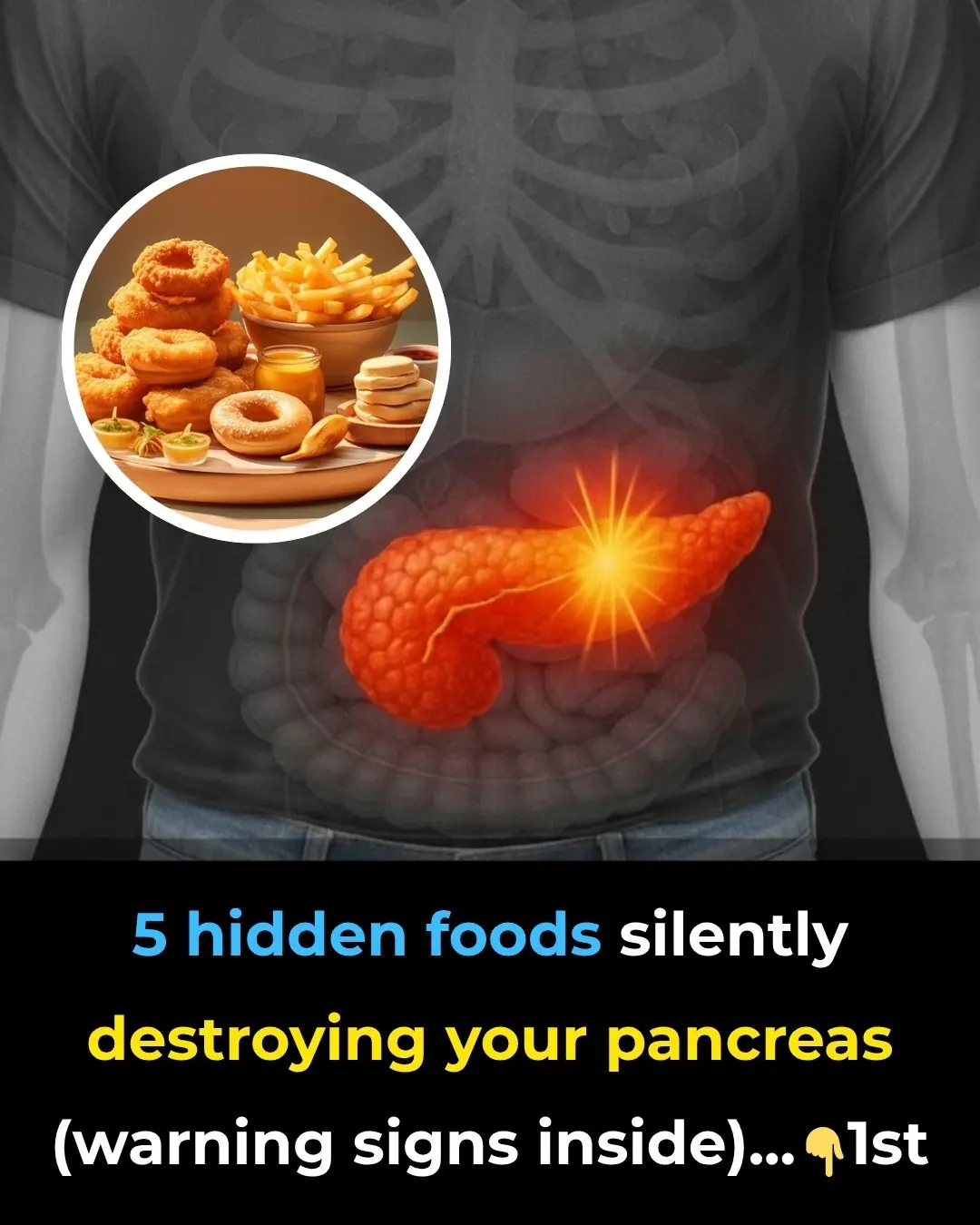
Your pancreas could be ‘silently inflamed’ right now and you’d never know until it’s too late
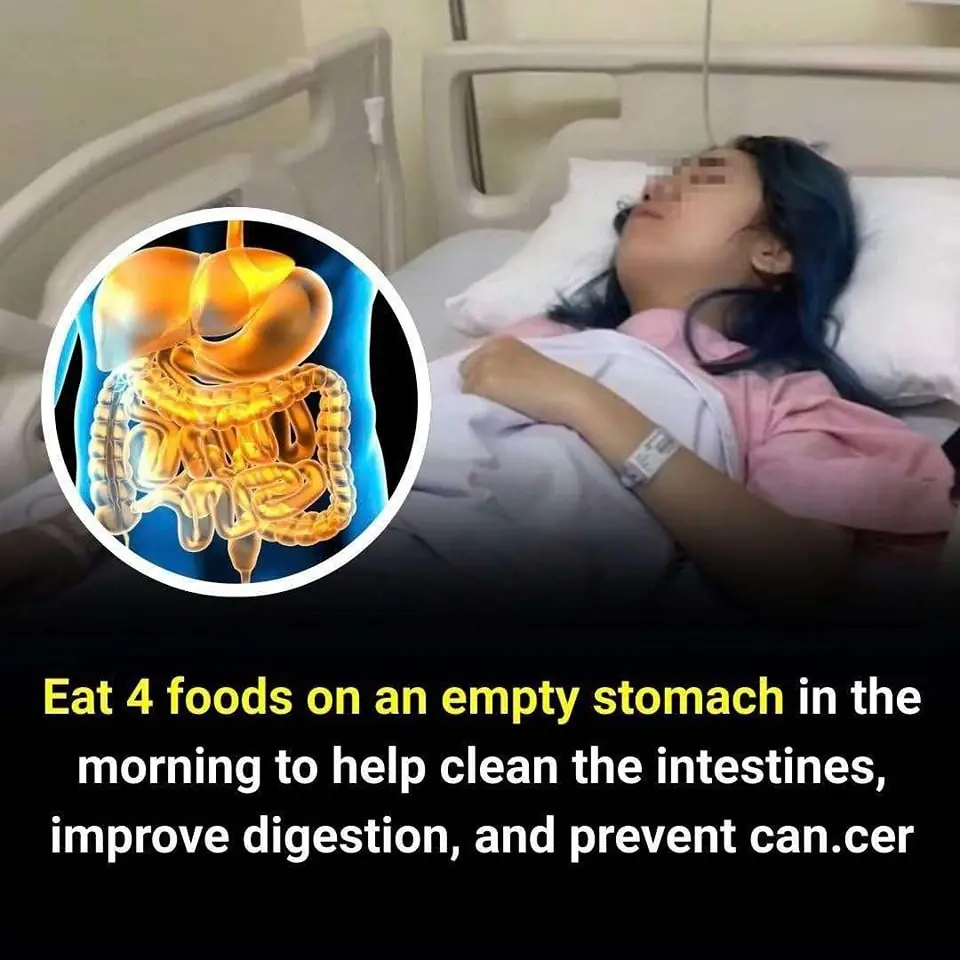
4 foods to eat on an empty stomach in the morning to cleanse the gut, boost digestion, and lower cancer risk
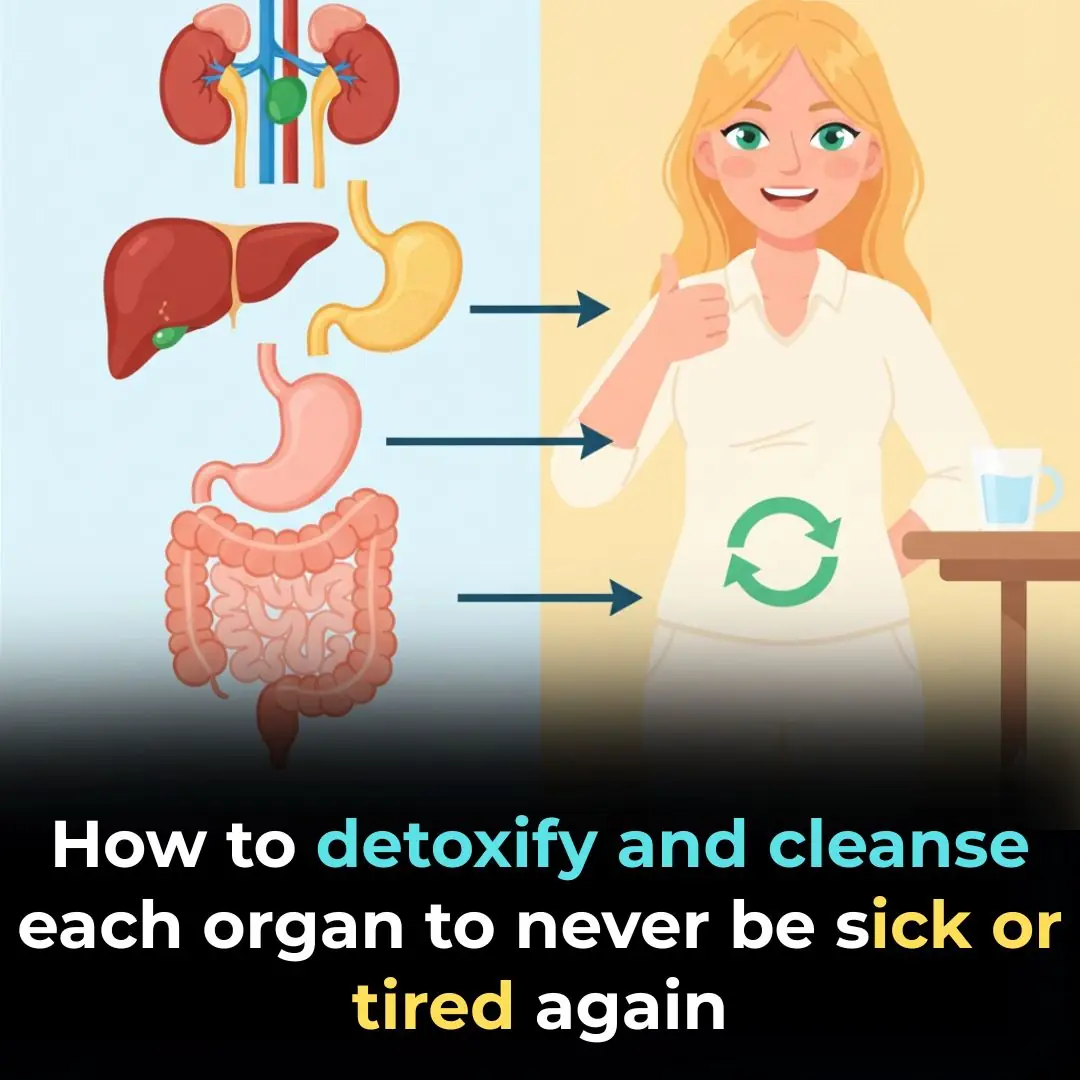
10 Simple Ways to Help Your Body Detoxify and Cleanse Itself

14 Warning Signs of Low Magnesium Levels and What to Do About It (Science Based)

Why Your Legs Get Weaker After 50 — And 4 Simple Ways to Fight Back
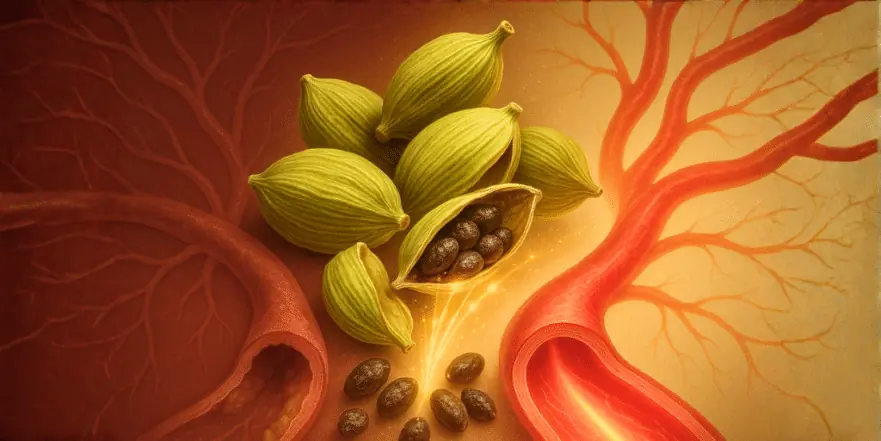
This Ancient Spice Opens Your Arteries Like Magic and Supercharges Your Heart

This Super Tea Cleanses the Body and Fights Inflammation (5 Ingredients)
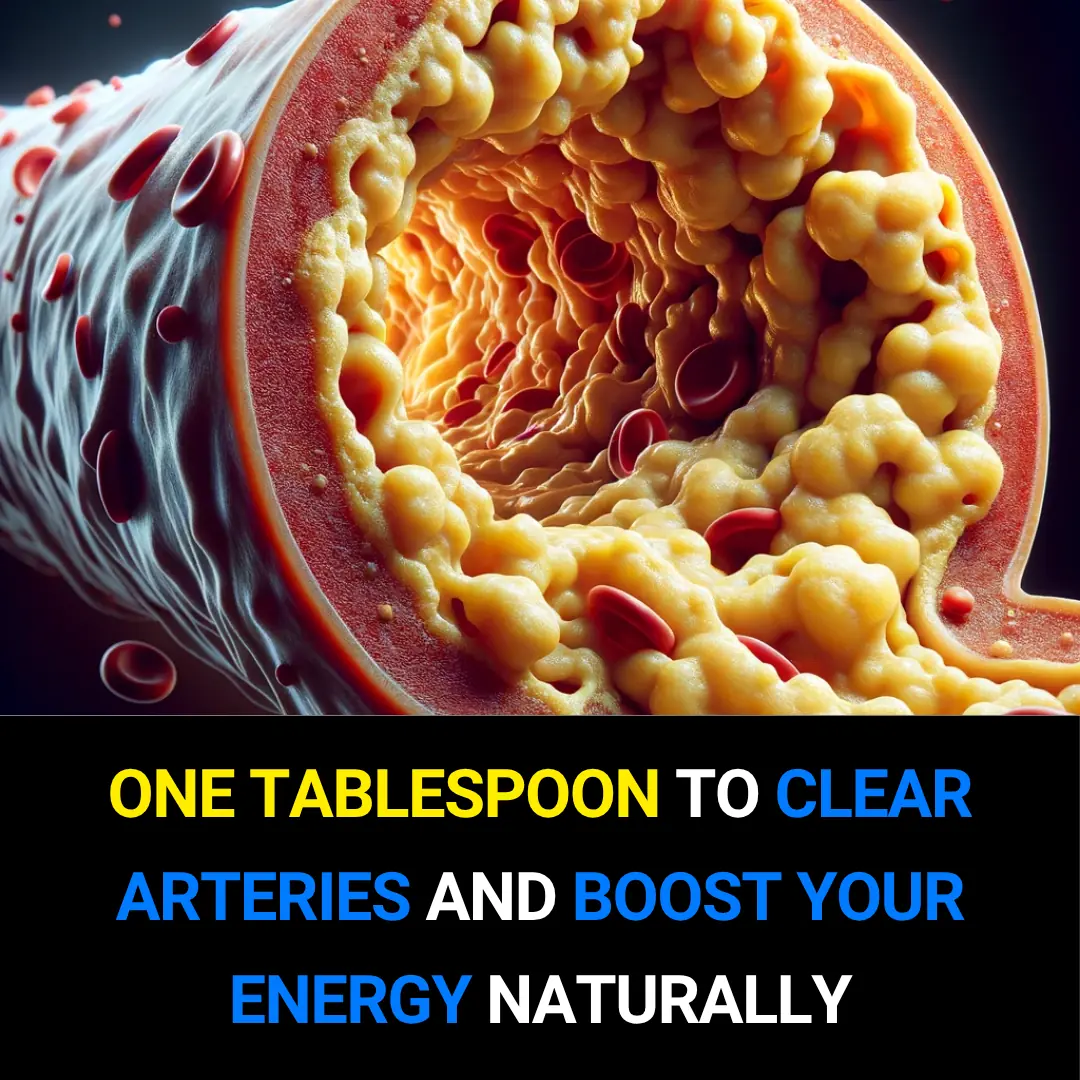
One Tablespoon to Clear Arteries and Boost Your Energy Naturally
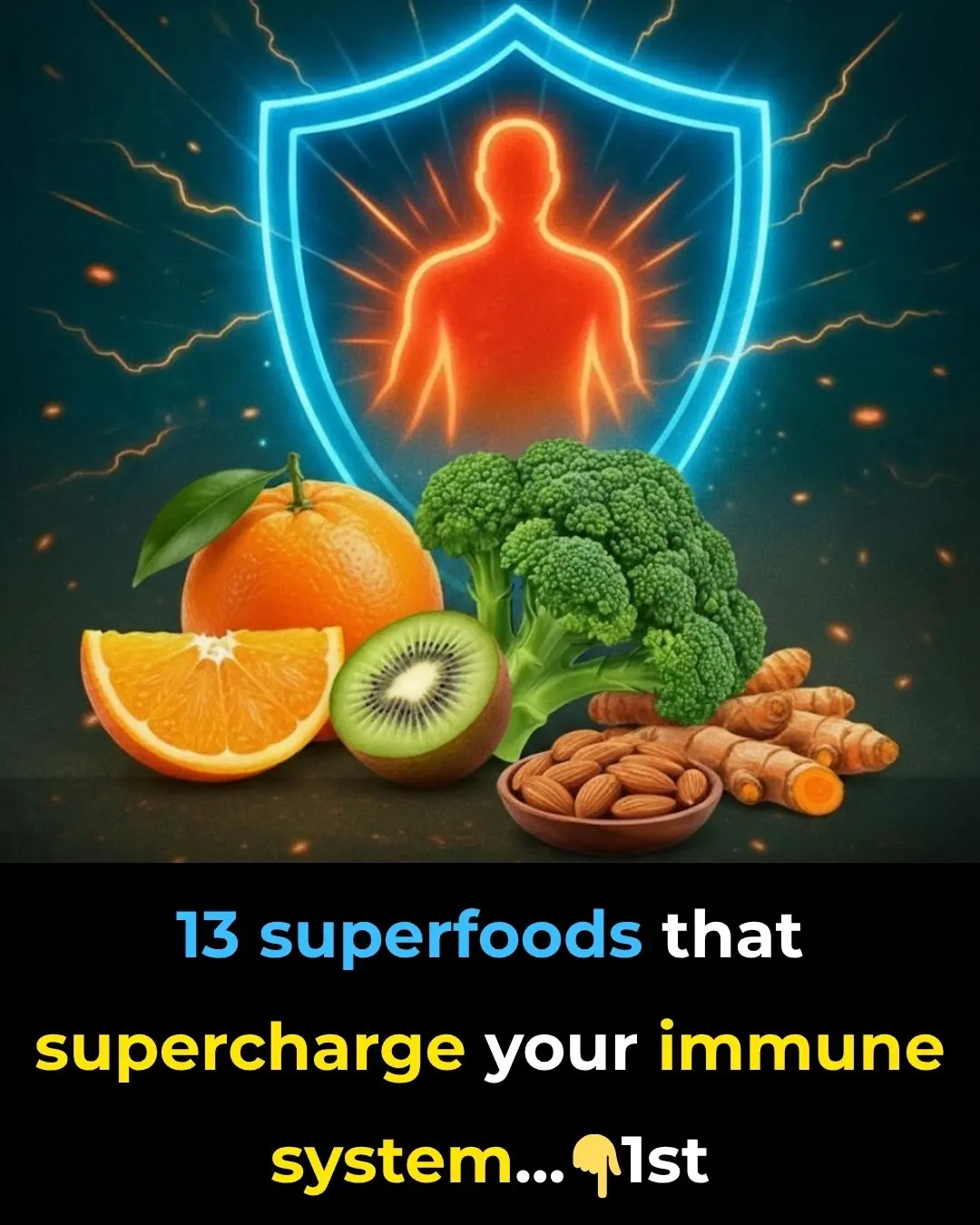
13 Superfoods That Double as Immune System Boosters
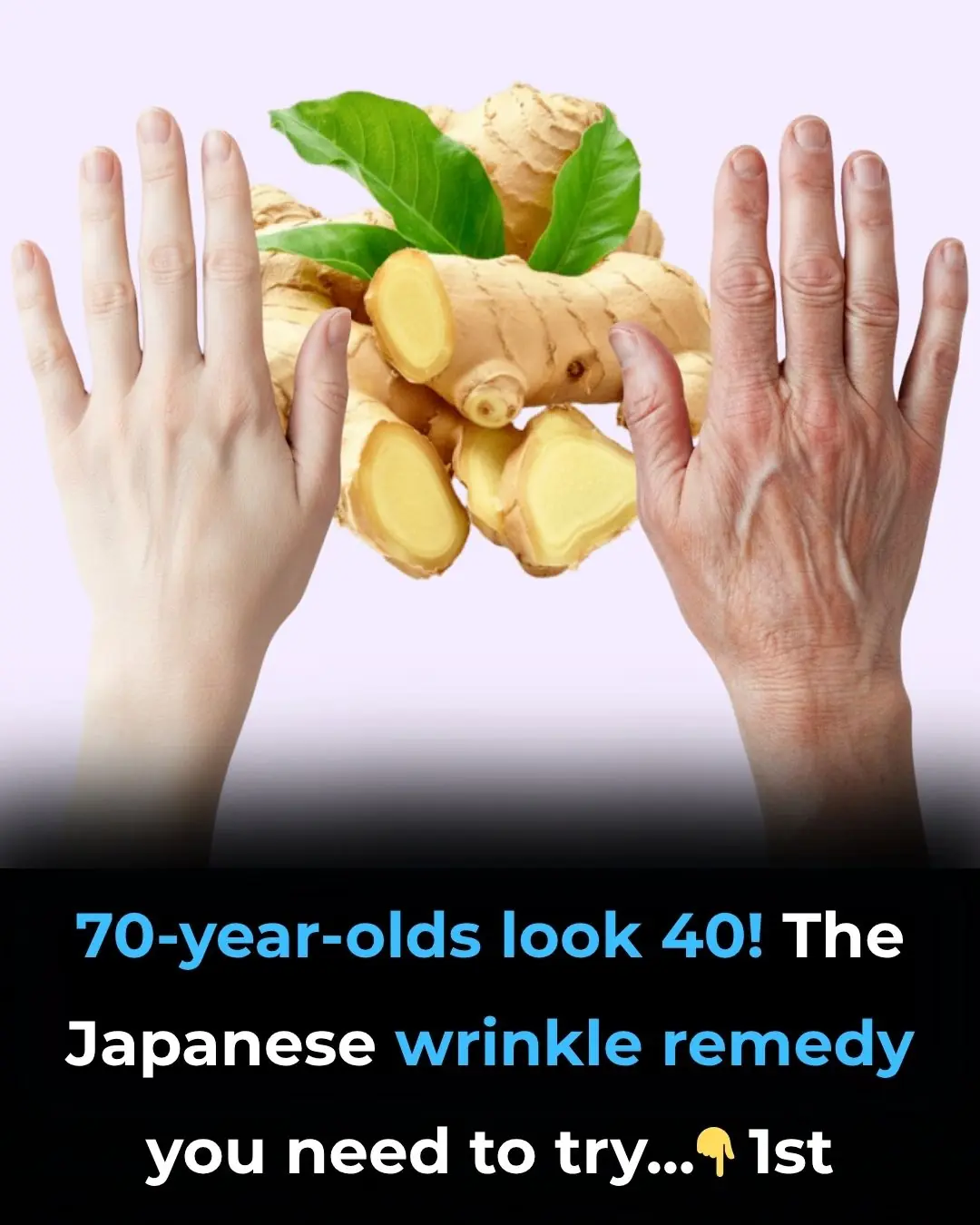
70-year-olds look 40! 🍀 The Japanese wrinkle remedy you need to try

The real reason you wake up at 3AM — and one simple way to stop it

9 Signs You’re Actually Going Through Menopause (Even If You Didn’t Realize It)
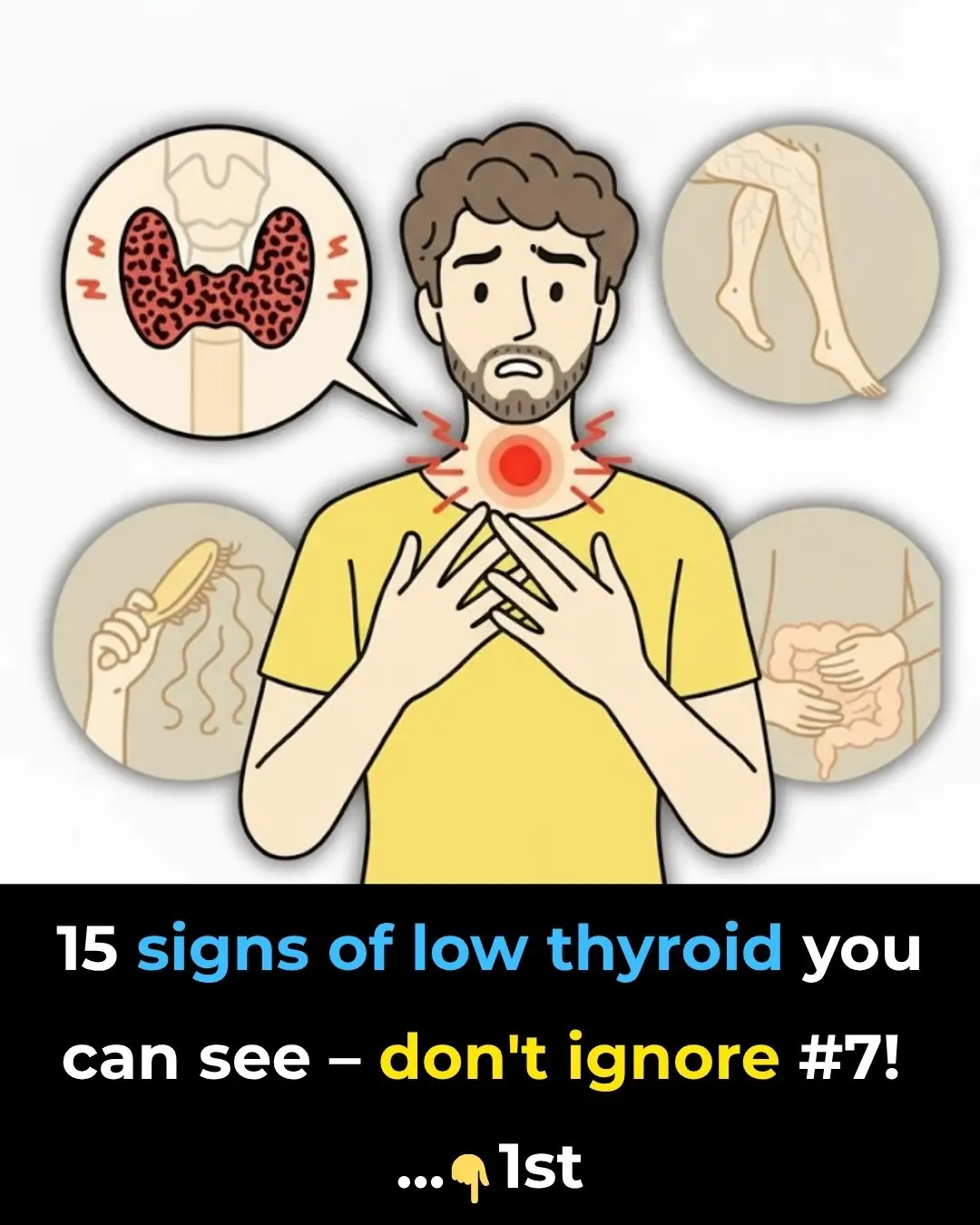
15 visible signs of low thyroid you can see – don’t ignore #7!

The 30-second ear shake trick: try it and see shocking results
News Post

This Drink Destroys Your Bones From the Inside and Harms Every Organ on Its Way Out

Stop Ignoring These 8 Subtle Signs of Heart Trouble Before It’s Too Late

1 Teaspoon of Baking Soda Can Do This to Your Body!

Still Waking Up Tired? This Simple 3g Bedtime Mix Beats Melatonin for Deep Sleep

Papaya releases a milky sap, but most people don’t realize how important it is

Purslane: The Superfood That Tastes Better Than Meat – 7 Reasons to Grow It in Your Garden

9 DIY Cucumber Trellis Ideas for Easy Harvesting and Maximized Garden Potential

Honey, Lemon, Onion, Garlic & Ginger: The Daily Spoonful That Works Wonders
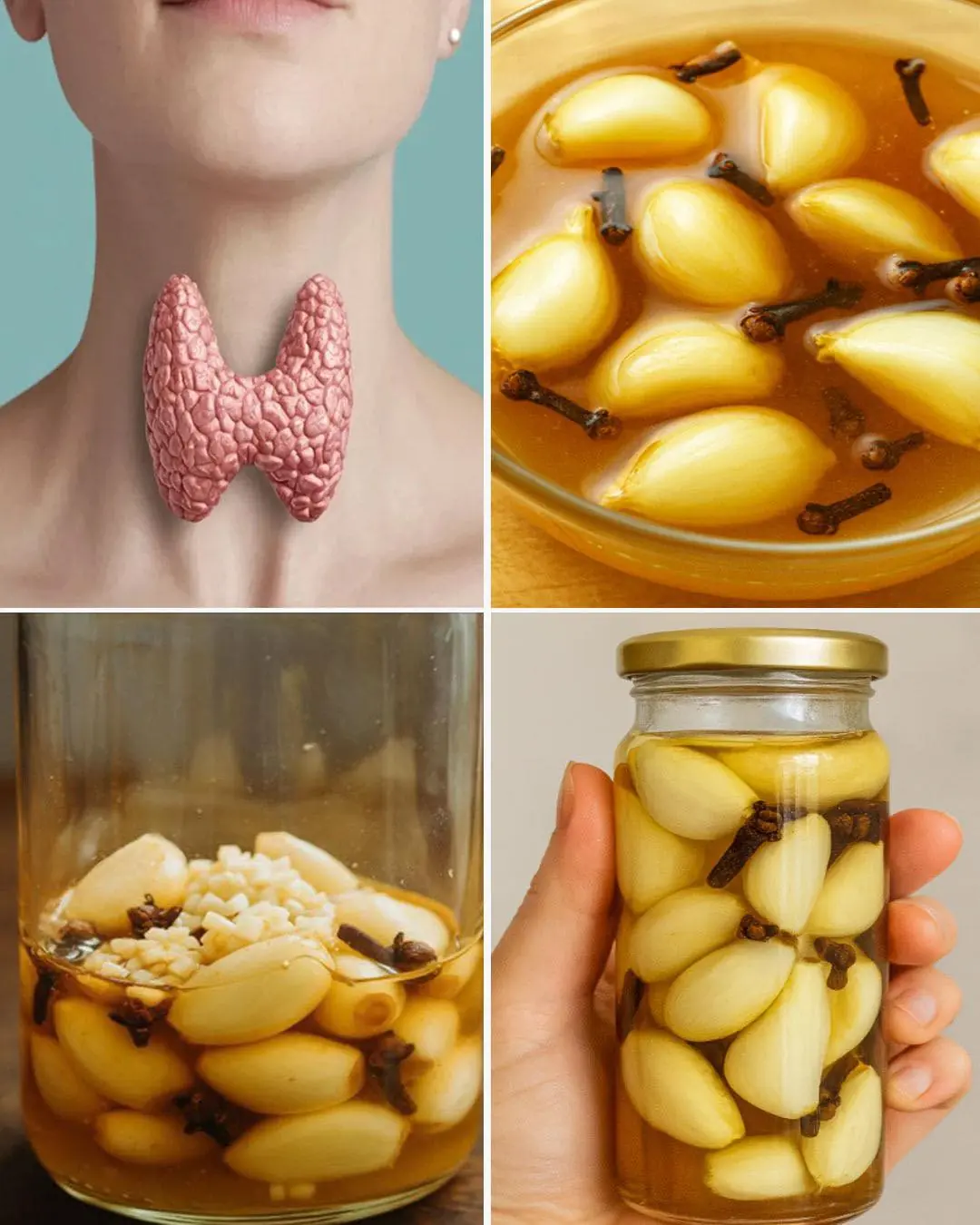
Garlic, Honey, and Cloves – a powerful natural remedy packed with health benefits

Discovering the Health Benefits of Lamb’s Quarters
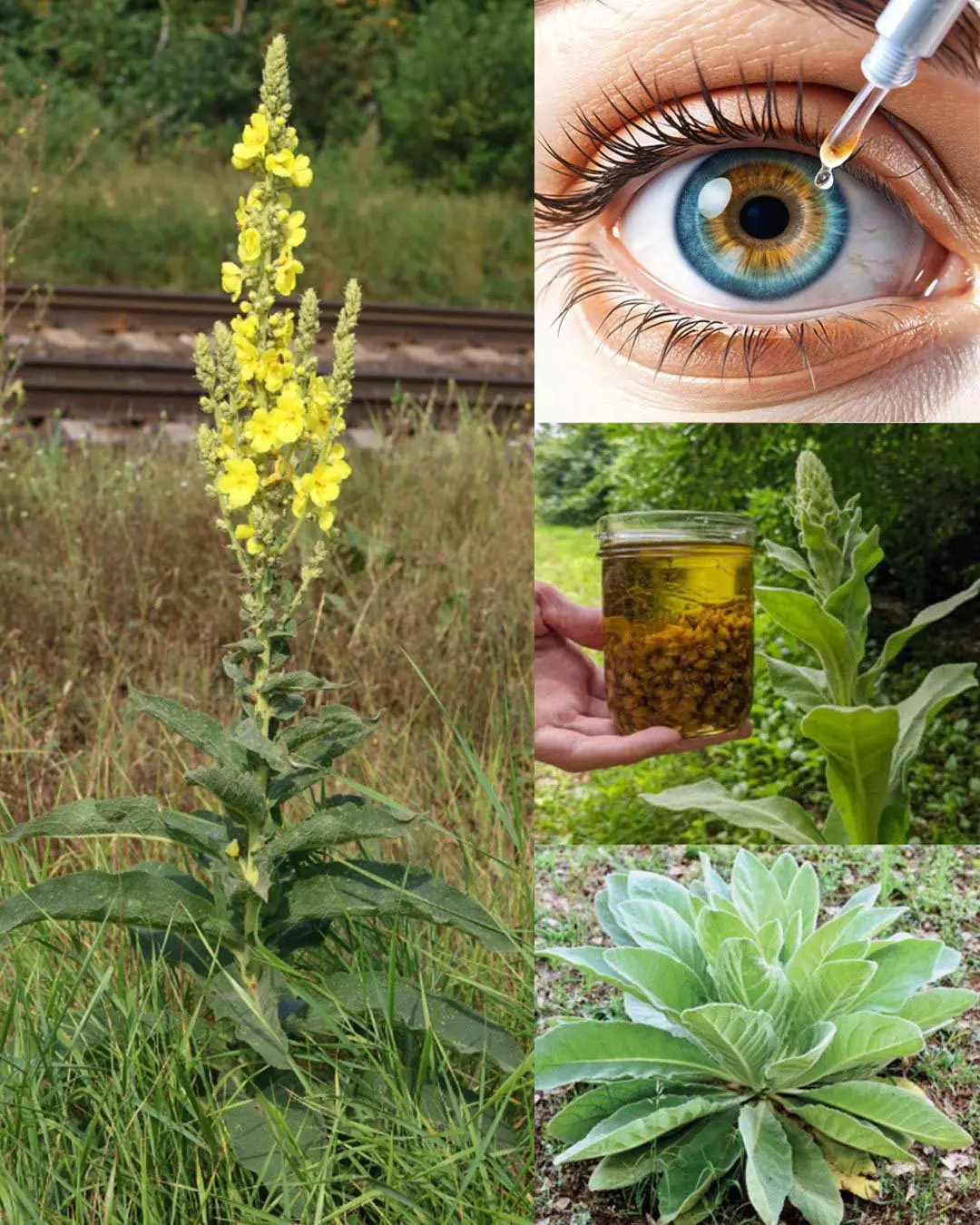
Common Mullein: Benefits and Uses of Nature’s Versatile Herb
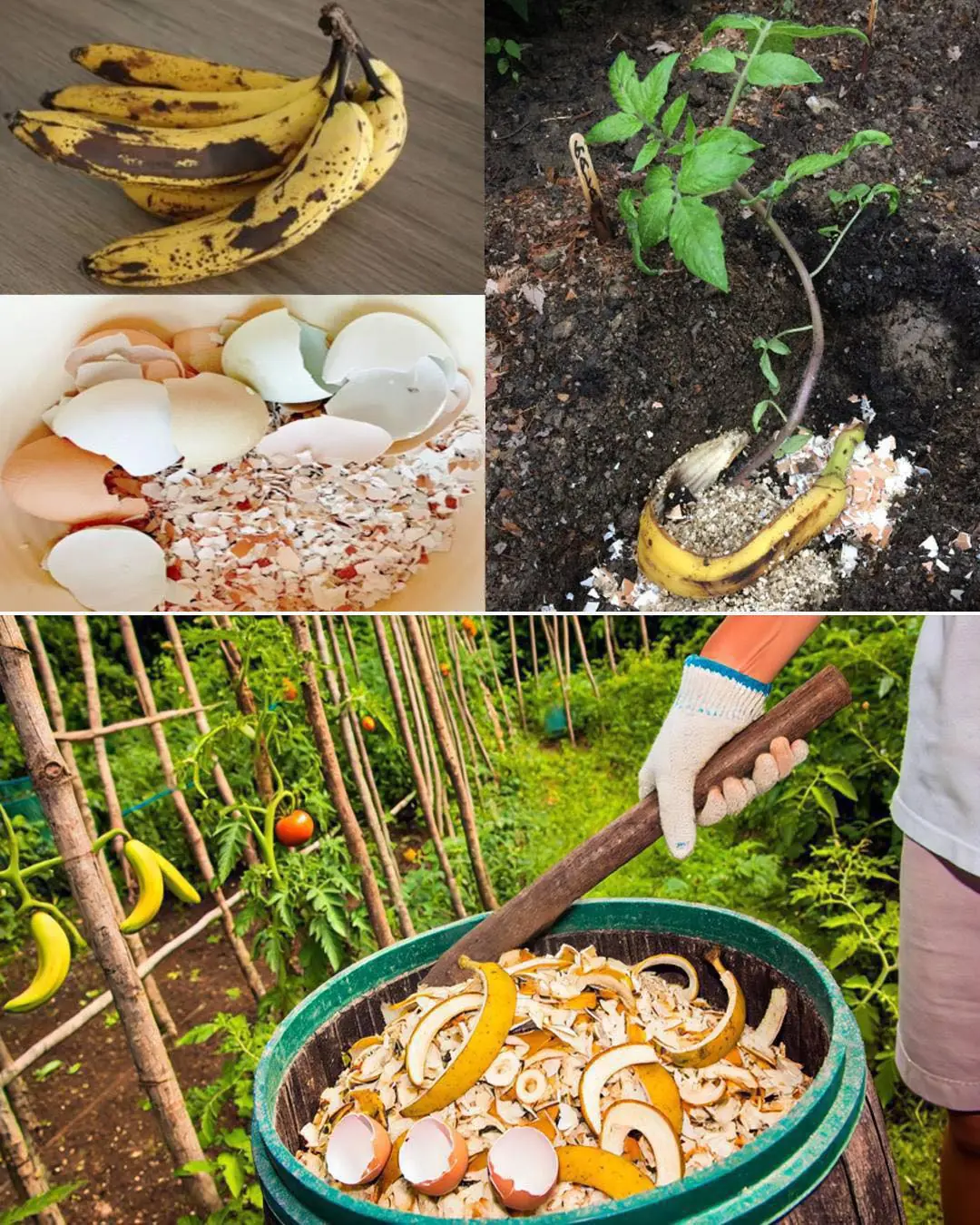
12 Homemade fertilizers for plants easy to find at home

Is It Necessary to Unplug the Rice Cooker After the Rice Is Cooked?

Find All 7 Animals Hidden

6 Surprising Predictors of Divorce You Probably Overlooked

Cyperus Rotundus: The Ancient Herb with Modern Healing Power
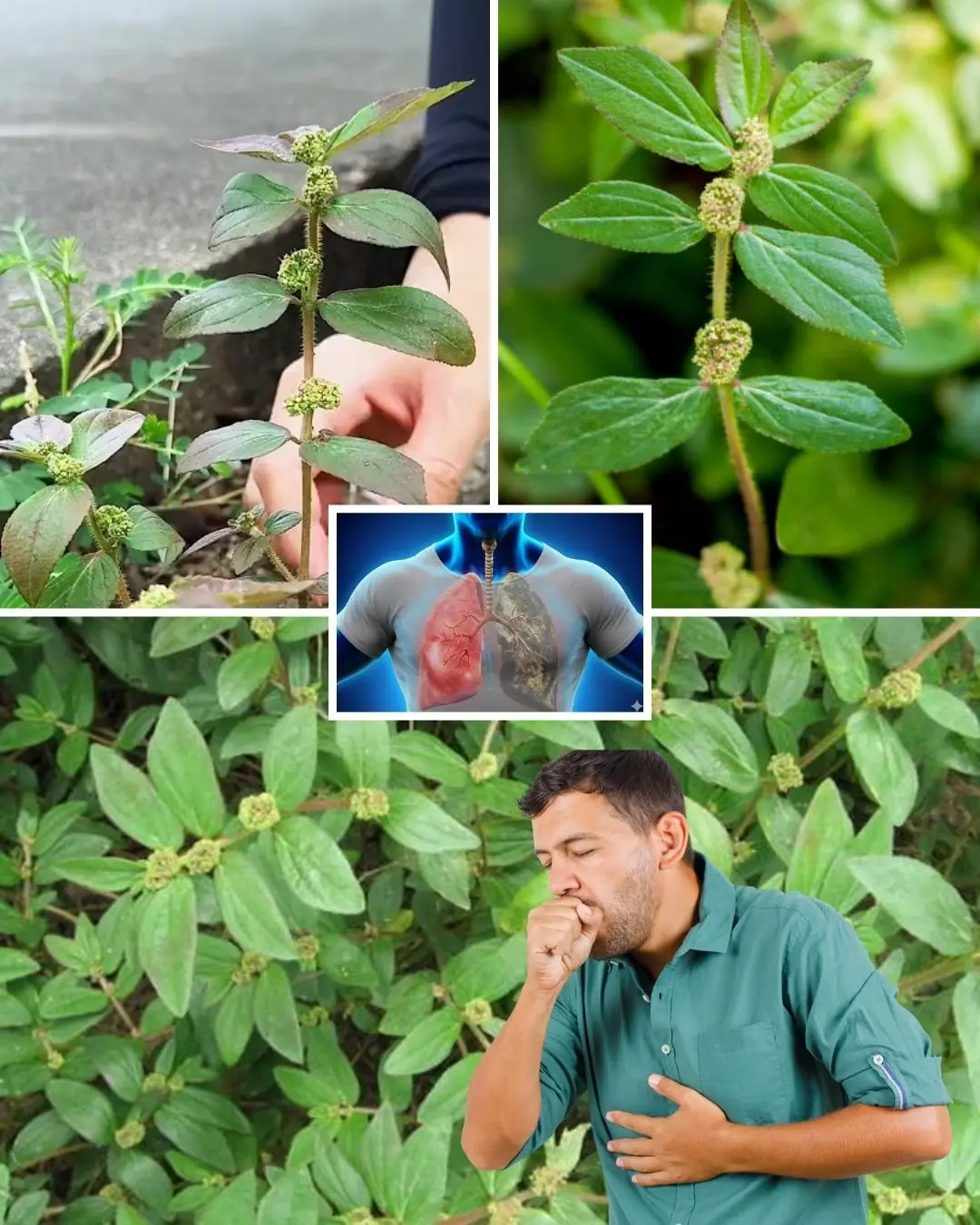
Euphorbia Hirta: 9 key health benefits of this versatile plant

This Super Tea Kills Parasites And Cleanses The Body of Toxins
